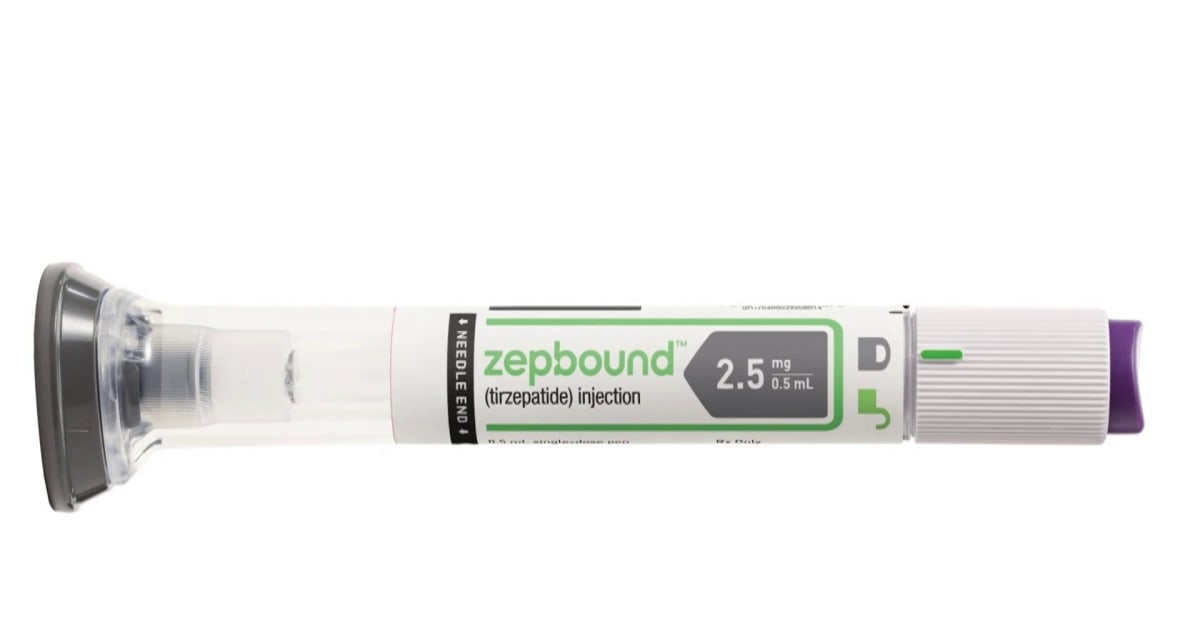
:max_bytes(150000):strip_icc():format(jpeg)/Health-GettyImages-1558314033-dbb5fbf350c84691a93e906f98a4f0c8.jpg)
Severe dehydration happens when your body loses more fluids than it takes in. This can cause different symptoms depending on how dehydrated you are. Mild symptoms may include extreme thirst, dry mouth, and dark-colored urine. In more severe cases, you may experience confusion, fainting, or organ failure. Mild symptoms typically get worse the longer you go without treatment.
Knowing what symptoms of severe dehydration to look out for is important for receiving timely treatment. Dehydration is a common health condition, especially during hotter months. Sweating, untreated diabetes, and having an infection are common causes of mild to severe dehydration. It is also common in elderly adults.
Early Symptoms of Severe Dehydration
Symptoms of severe dehydration in the early stages can be subtle and easily overlooked. These early symptoms are the body’s initial signals that fluid levels in your body are becoming dangerously low.
Early signs of dehydration may include:
- Persistent thirst
- Dry mouth
- Decreased urine output
- Dark-colored urine
- Dry eyes
- Lightheadedness
- Heart palpitations
- Muscle cramps
Mild To Moderate Symptoms of Severe Dehydration
As dehydration progresses, symptoms may be harder to ignore. For example, your urine may become closer to an amber color, and your skin may feel tighter than usual.
Other common symptoms of mild dehydration include:
- Significantly reduced urine output
- Dry, cool skin
- Rapid heart rate
- Low blood pressure
- Increased breathing rate
- Confusion
- Irritability
- Constipation, dry and hard stools
Late Symptoms of Severe Dehydration
In the most severe stage of dehydration, your body’s ability to function properly is critically impaired. Immediate medical intervention is needed to restore fluid balance and prevent irreversible damage. Severe dehydration can cause your blood pressure to drop to a level that reduces blood flow to your brain. As your urine output decreases, your kidneys can also stop functioning.
Symptoms at this stage may include:
- Hallucinations
- Fainting
- Rapid, weak pulse
- Shriveled skin
- Sunken eyes
- Little to no urine output
- Shock and organ failure
Dehydration is fairly common in children, particularly those under the age of five. Factors like higher activity levels, smaller body reserves, and the inability to communicate their needs effectively make them more vulnerable to fluid loss that goes untreated for longer. If you have an infant, dehydration may show up in reduced urine output during the day.
Symptoms of mild to moderate dehydration in children include:
- Reduced playfulness
- Less frequent urination
- Dry mouth
- Irritability
- Sunken soft spot on the head in infants and toddlers
- Fewer or watery bowel movements
- Decreased number of wet diapers
Symptoms of severe dehydration include:
- Extreme fussiness
- Excessive sleepiness
- Sunken eyes
- Wrinkled skin
Severe dehydration is not contagious, but certain infectious health conditions can cause it. Infectious viral or bacterial infections can cause diarrhea or vomiting, dehydrating the body.
It is important to stay hydrated if you have a foodborne illness that can cause diarrhea and excessive vomiting. Lightheadedness, excessive thirst, and nausea may all be signs that you have an infection that is making you dehydrated.
Children may not always know how to tell you when they are not feeling well. However, changes in their behavior and habits can be a sign of dehydration or other health concerns.
If you notice your child vomiting every time they eat or drink, having trouble keeping food down or experiencing dry mouth, they may have an infection or illness causing dehydration. Young children may also be fussier than usual.
For children under the age of 1, refusing breastfeeding or formula for at least 24 hours is a sign of severe dehydration. Reach out to your healthcare provider if you are not able to get your child to consume any fluids in 24 hours.
Seek emergency medical help immediately if you or a loved one are experiencing any of the following symptoms:
- Loss of consciousness
- A fever above 102 degrees Fahrenheit (38.8 degrees Celsius)
- Heat stroke
- Rapid pulse
- Quick breathing
- Seizures
The healthcare provider may ask you several questions about your daily life and advise you on how to avoid dehydration. If you have a loved one who you suspect is dehydrated, contact your healthcare provider for recommendations on how to prevent it from progressing.
Knowing the signs of severe dehydration and when to seek treatment can help prevent severe symptoms. Early symptoms of dehydration include peeing less and seeing dark urine, dry mouth, and muscle cramps. More severe symptoms, like sunken eyes, fainting, and a weak pulse, require immediate medical attention.







